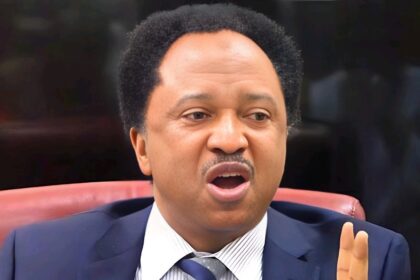The Central Bank of Nigeria (CBN) is planning to raise N183.24 worth of Treasury bills (T-bills) to settle short-term obligations. The issue will come with mixed yields on all tenors, data from Debt Management Office (DMO) has shown.
The debt office raised N48.10 billion of three-month paper at 14 per cent, down from 14.38 per cent during August 31 auction and sold N48.45 billion worth of the six-month paper at 17.77 per cent, higher than 17.50 per cent previously.
A total of N86.69 billion was sold in the one-year debt at 18.48 per cent against 18.42 per cent at the last auction. The T-bills’ maturities range between three months and a year and would be raised today, according to the CBN.
T-bills are marketable short-term money market securities that serve the purpose of raising money for the government and also help in monetary policy management of the CBN.
The main investors in government securities are mainly pension funds and commercial banks which control more than 60 per cent of the market, followed by insurance funds and a few micro-finance institutions.
Yields on fixed income securities have been rising in recent months with the CBN mopping up naira liquidity to try to lure back foreign investors who sold naira assets following the plunge in the price of oil, Nigeria’s economic mainstay.
The bank lifted interest rates by 200 basis points last week to 14 per cent to help fight inflation, which hit a 10-year high of 16.5 per cent in June.
Meanwhile, DMO said it raised N121 billion ($372.88 million) in an auction of local-currency bonds on Wednesday, with yields higher across the board.
The debt office sold N15 billion of 2021 paper at 15.14 per cent at Wednesday’s auction, compared with 15.08 percent at the previous auction last month.
It also sold N30 billion of 2026 debt at 15.53 per cent, against 15.28 per cent, and N60 billion of 2036 debt at 15.59 per cent, compared with 15.53 per cent. The debt office also allotted an additional N16 billion worth of the 2021 debt on a non-competitive basis to mandate clients.
Nigeria has said it will borrow about N900 billion locally to finance part of the N2.2 trillion deficit in its 2016 budget, to plug shortfalls. The country issues local bonds as part of measures to finance the government budget deficit and also to help manage liquidity in the banking system.


